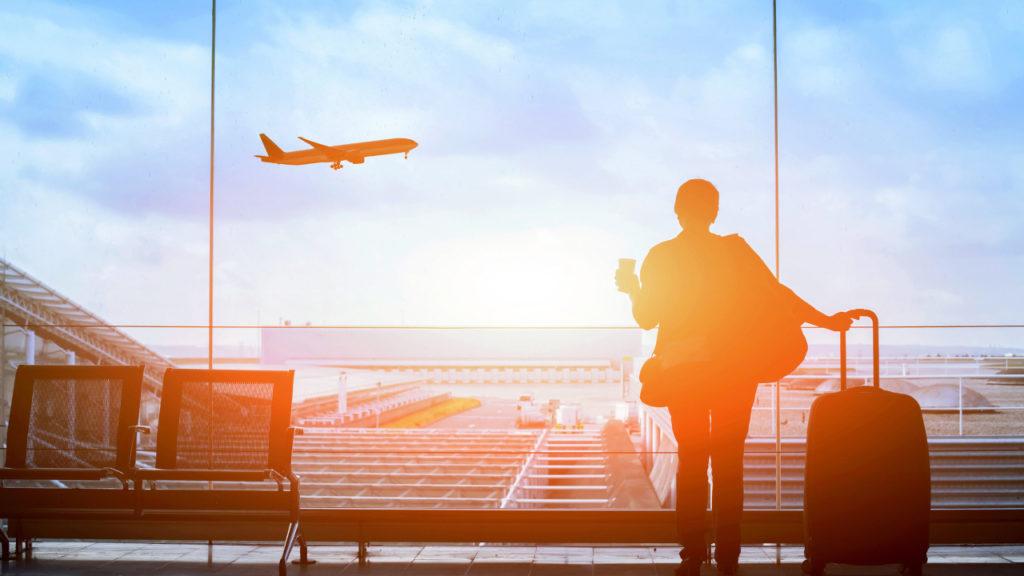While every industry was affected by the COVID-19 pandemic, the hospitality industry may have experienced the most significant impact. Lockdowns, mandatory quarantines, border restrictions and social distancing requirements all made traveling for leisure virtually impossible. However, with the end of the pandemic in sight, the hospitality industry is experiencing a revival, with travel increasing significantly as people seek to make up for lost time. Which makes it a great time to consider a hospitality career.
If you’re considering a hospitality career, there are a few emerging trends you can expect to see in the industry in 2022 and beyond. While 2020 and 2021 were defined by contactless technology solutions and more stringent hygiene measures, in 2022, consumers are placing a higher value on the quality and purpose of their travel. The moment when you become aware of the trends shaping the hospitality industry, you can equip yourself for a successful future career. Discover more about the current hospitality trends in 2022 below.
Train online or on-campus for a job that pays more and means more.
Considering a career change?
During Your Hospitality Career, You’ll See Solo Travel Increase
Solo travellers have been more prevalent ever since travel restrictions began easing, as more and more individuals embrace the experience of taking on adventures alone. This push for solo travel is driven both by a growing awareness of mindfulness and the enhanced safety of travel brought on by advancements in technology and globalization. In order to accommodate the needs of solo travellers during your hospitality career, it will be important to communicate an atmosphere of comfort and homeliness, encouraging travellers to feel at ease while alone. Additionally, offering more casual bars and establishments on the premises can help solo travellers integrate with the community during their stay.

You’ll see an increase in solo travellers throughout your hospitality career
Digitization Is Here to Stay
Reminiscent of peak pandemic-era consumer preferences, apps and technology will continue to be used to deliver contactless services in 2022. More and more establishments are adopting mobile check-in, digital room access, face and voice recognition and contactless payments, creating a smartphone-controlled guest experience. In order to keep up with customer expectations, it’s important to adapt to the use of technology while working in the hospitality industry.
Business and Leisure Are Mixing
As remote work becomes more possible, you’re likely to see many more extended “business trips” after completing hospitality management courses. In 2022, when individuals travel for business purposes, they’ll be more likely to extend their stay at a hospitality venue beyond the length of their business trip, working remotely instead of rushing back to the office. In order to accommodate these types of travellers, it’s important that hotels adapt by creating spaces designed for working. Cafes, high-speed internet, quiet spaces and ample seating are all great ways that hospitality establishments can appeal to remote workers.
More Travellers Are Practicing Essentialism
Essentialism, or a rough translation of the phrase “less is more,” is something that more and more travellers are valuing today. More consumers are becoming conscious of the impact of their travel on the planet, shying away from more luxurious and “over-the-top” experiences in favour of ones that are more meaningful. Travellers might be opting for scaled-back accommodations which are functional, rather than rooms designed to make them feel like royalty. For hospitality venues, this change in preferences could be an opportunity to save resources, offering a higher quality experience that comes without the fluff.
A Focus on Wellness
Travellers haven’t forgotten the health anxiety that accompanied the COVID-19 pandemic. For this reason, consumers in 2022 will see travel as a means to attain a higher level of wellness, seeking out experiences that allow them to relax and focus on healing and reducing stress. After completing a hospitality program, you’ll see holistic hospitality institutions flourish, as a higher number of hotels invest in their spa facilities.






